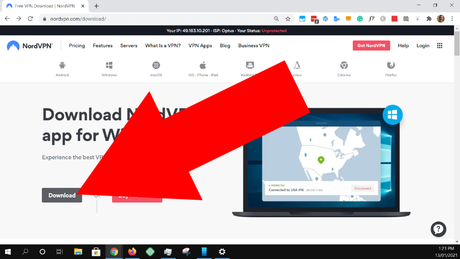

Having these security protocols in place could provide additional online protection wherever you connect to the internet, whether at home or away. Masking: Hides your actual IP address and masks your physical location.Encryption: Hides your online activity, even from your ISP.If this seems like it could be an intrusion of your privacy, you’d be on the right track for needing a VPN.Ī VPN typically provides internet encryption and IP masking, resulting in benefits such as: This includes information such as your city, region, and country. Understanding what an IP address is could be important because it lets your ISP and anyone else with access know your general location. This address is provided by your ISP when you connect to the internet and allows communication between different devices. This includes an internet protocol address or IP address.Īn IP address is a unique identifier for each internet-connected device that’s often represented as a string of numbers and periods, such as 192.168.0.150. You typically provide specific information to your internet service provider (ISP) about any device you use if you connect to the internet. A VPN is a way to create a private connection to the internet.


 0 kommentar(er)
0 kommentar(er)
